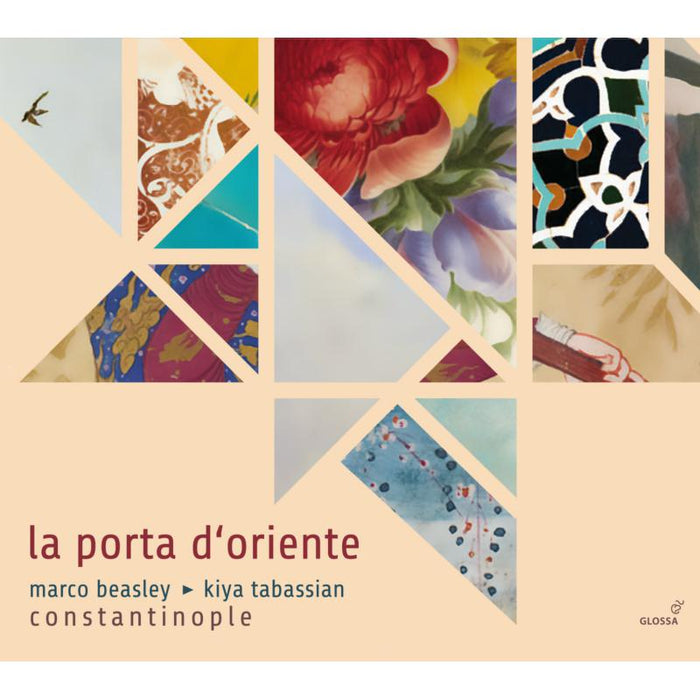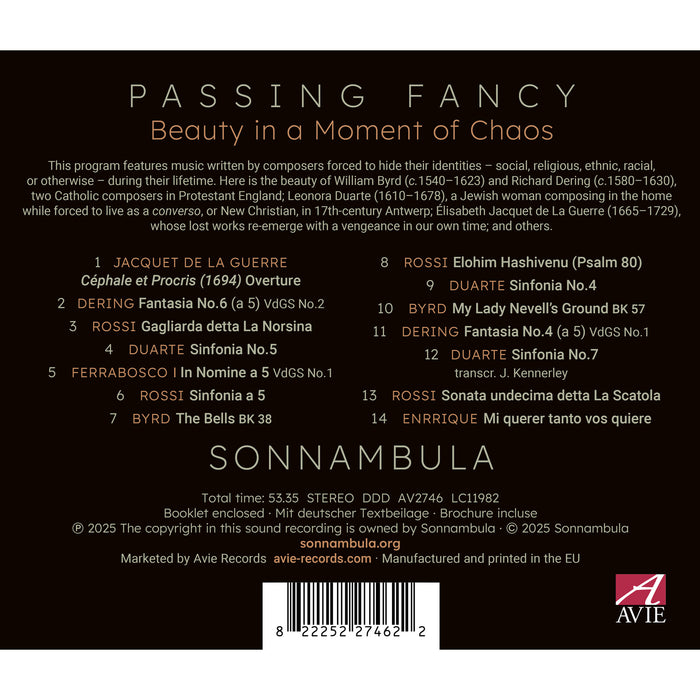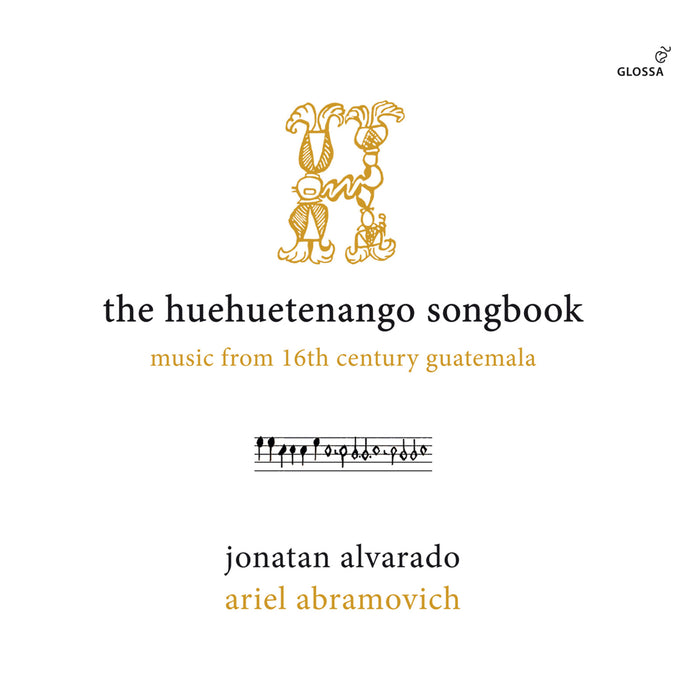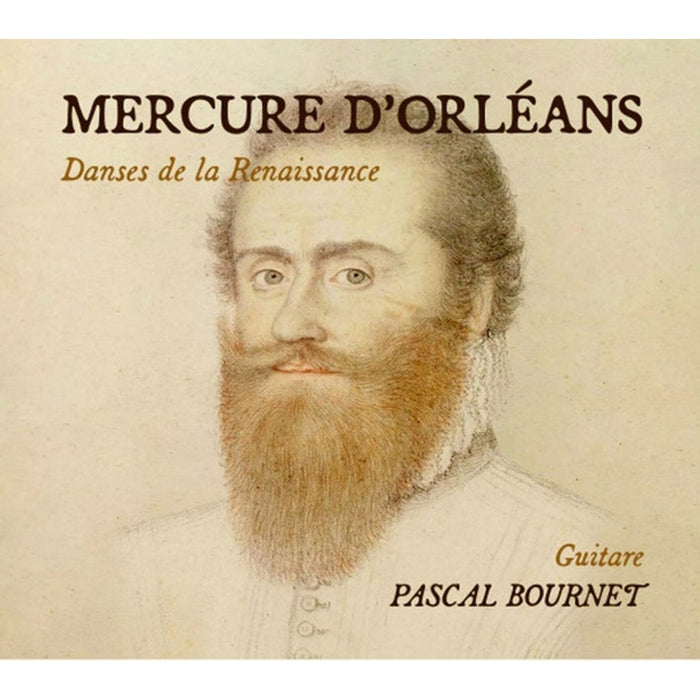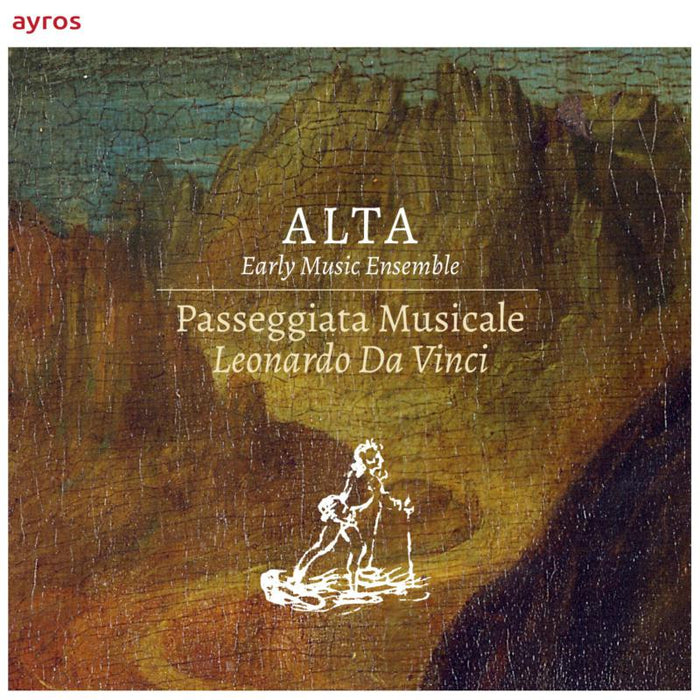Description
In three remote mountain villages that were once not even accessible by road, a collection of 18 small-format choir books has been preserved, which have been treasured by the communities for centuries.
Today, these valuable books are kept in American university libraries and bear the name of the department from which they originate- The Huehuetenango Manuscripts.
The collection shows how music was integrated into the daily and spiritual life of these indigenous communities and became a symbol of resistance and forced adaptation to Catholicism and other external influences. It contains copies of numerous European pieces, but these European forms passed through the minds, hands and voices of the indigenous people and were transformed into original creations.
The tenor Jonatan Alvarado and the vihuelist Ariel Abramovich leaf through the folios of the Huehuetenango singing manual and have selected mass movements, motets, chansons and villancicos from the more than 350 works written down between 1582 and 1635. This selection provides an insight into the intercontinental exchange of music between Europe and the missions in Mesoamerica on the eve of the Baroque.
'Alvarado's wonderfully clear-centred and focused tone excels in the longer movements, the motets by Escobar and Anchieta but above all the Spanish songs, whise restrained pathos bring out the best in him.' – Gramophone







